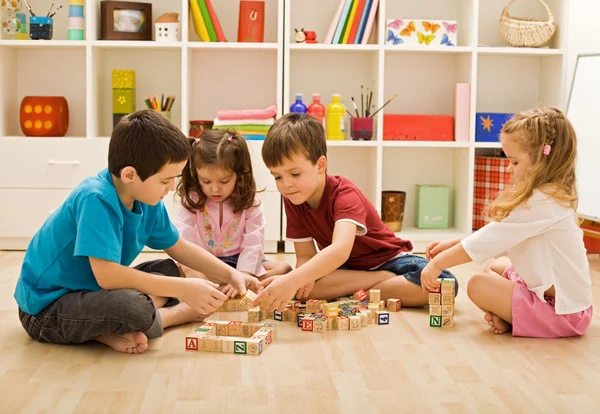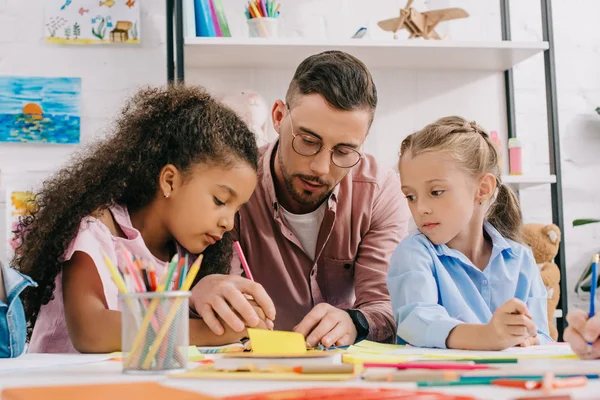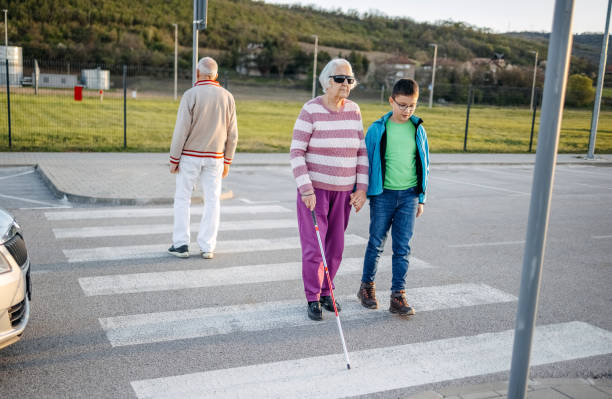
Some children grow up with the secret to acing math tests, but falter when it comes to reading a room. The reality? Emotional intelligence and empathy can determine a child’s destiny as much if not more than book smarts. And, according to child psychologists, some lessons learned early can prepare kids to become empathetic, socially conscious adults who leverange their privilege to raise others up.

These are not “be nice” platitudes. These are about teaching kids who know their own emotions, can see the invisible systems governing lives, and move with intention in giving help. Mariana Plata, a clinical psychologist specializing in children and adolescents, underscores that openness, humility, and self-knowledge are the basis for grasping privilege and the sooner children learn this, the better.
Here’s a closer look at the seven most important lessons experts say can change a child’s social and emotional development and why they’re a sign of above-average parenting.

1. Identifying Personal Privilege
It’s not about guilt about making them feel bad for not recognizing the good things. It’s about awareness. Plata recommends parents tell their kids personal anecdotes about opportunities and struggles they experienced as children. When children hear it from you, directly, they’re more receptive and willing to think. Rather than leaping in with solutions to their questions, get in the habit of saying, “What do you think?” This not only tests their comprehension but also makes them think about viewpoints other than their own.

2. Practicing Empathy Through Real Stories
Making every day moments into lessons in empathy can be potent. Plata remembers a viral anecdote of a five-year-old smashing her piggy bank to purchase milk for a fellow classmate. Such anecdotes, sourced from news, books, or television, can be employed to establish ‘as if’ situations getting kids to imagine what they would do if faced with the same circumstances. These discussions broaden their emotional palette and set them up to employ their privilege to benefit others.

3. Exposures to Various Realities
The more children are exposed to life beyond the comfort zone, the greater they appreciate the diversity of the world. Plata cites efforts such as that of The Empathy Museum’s ‘A Mile in My Shoes’ exhibit, which encourages people to actually step into another person’s shoes and listen to their story. From traveling, exploring other neighborhoods, to meeting classmates of diverse backgrounds, these activities assist in making children move out of their privilege bubble and foster real understanding.

4. Fostering Perspective-Taking
Perspective-taking, or the capacity to view a situation from another’s viewpoint, is a cognitive ability associated with empathy. Specialists suggest activities such as talking about optical illusions, role-playing, or reading books recounting common stories from another character’s viewpoint. According to one teacher, adaptability in thinking in terms of both self and other is key to solving social dilemmas respectfully.

5. Developing Emotional Vocabulary
Kids can’t empathize with others if they can’t recognize their own emotions. Helping them learn to name emotions both in themselves and others is the building block of compassion. Strategies such as feelings charts, games, and even films can be useful. Being able to notice when a peer is sad because they are crying, for instance, gives way to asking, “How can I help?” This self-awareness is the precursor to outward empathy.

6. Modeling and Rewarding Kindness
Children observe how adults behave towards others. Psychologist Alfie Kohn recommends allowing children to ‘catch’ parents being kind, such as helping someone next door or giving a supportive word to a stranger. Taking notice when your child is kind reminds them of the importance you put on the way they behave towards others. Gradually, this repeated modeling conditions their default reaction to be more empathetic.

7. Provide Opportunity to Act
Empathy becomes more powerful when it’s applied. From simple actions such as walking an elderly neighbor’s groceries to bigger commitments such as volunteering, offering children the opportunity to assist teaches them responsibility. Plata emphasizes that it’s not about making children feel guilty for their possessions, but about motivating them to employ their resources and talents to make a positive difference.

Raising emotionally intelligent, socially aware children isn’t just about one conversation it’s about infusing these lessons into everyday life. By balancing self-awareness, exposure to a wide variety of experiences, and regular modeling of empathy, parents can raise a generation capable of connecting, comprehending, and acting for the common good. And that’s something worth passing on.


